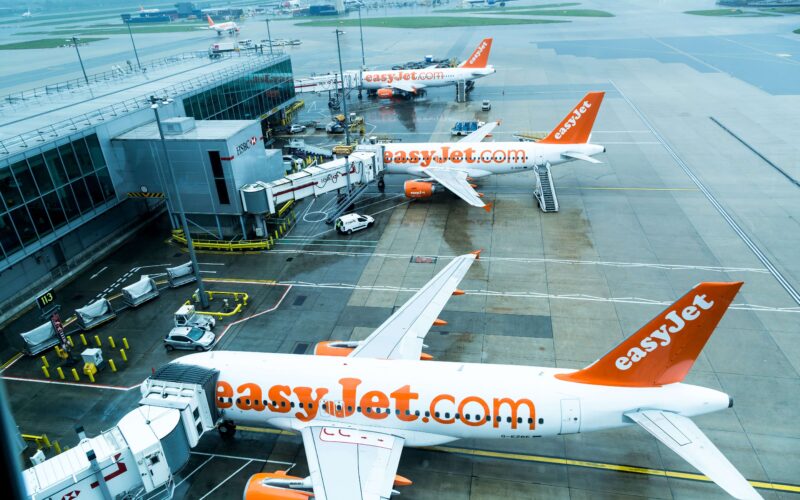A British low-cost carrier EasyJet reported a £701 million (€811 million) loss for the first half of 2021 and shared its expectations regarding capacity levels in the upcoming summer season.
On May 20, 2021, EasyJet announced having suffered a first-half pre-tax loss of £701 million (€811 million), compared to £193 million (€223 million) year-on-year. The airline said that the loss was in line with its expectations and indicated that the revenue for the six months ending March 31 plunged by 90% to £240 million (€277 million) due to a sharp fall in passenger numbers, which dropped by 89% to 4.1 million.
Despite the loss, EasyJet still bets on recovery with operations to green-listed European countries in the summer of 2021. Chief Executive Officer Johan Lundgren said that since the United Kingdom resumed international air travel to some countries across Europe on May 17, 2021, EasyJet was “ready to significantly ramp up” its operations for summer to maximize flying opportunities in Europe.
Although the air carrier warned that it would fly only about 15% of 2019 capacity in Q3, 2021, it forecasted that the capacity levels should increase from June 2021 as many European governments are expected to ease pandemic-related restrictions for air travel.
“We have the ability to flex up quickly to operate 90% of our current fleet over the peak summer period to match demand. […] We know there is pent-up demand – we saw this again when green list countries were released and added more than 105,000 seats – and so we look forward to being able to help many more people to travel this summer,” Lundgren said.
“Over the past six months, we have successfully undertaken a major restructuring and cost reduction process alongside maintaining an investment-grade balance sheet with significant liquidity and managing our cash burn better than expectations. Our agility, trusted brand and famous value means we are well placed to bounce back in the recovery,” the CEO added.
However, the late governmental announcements regarding changes to air travel restrictions would impact the company’s load factors “due to late capacity additions [and] cancellations to meet surges in demand” and drive “an even later booking behavior”, written in the EasyJet statement.

